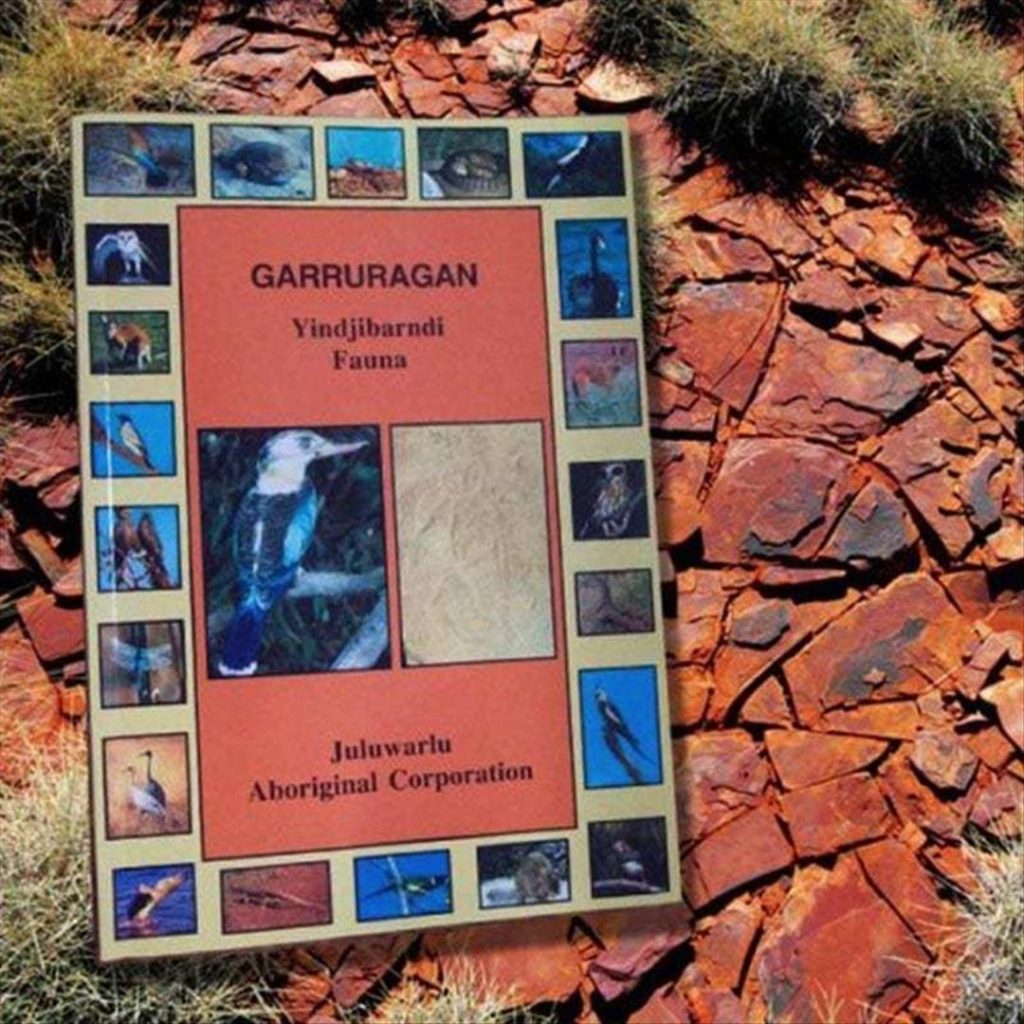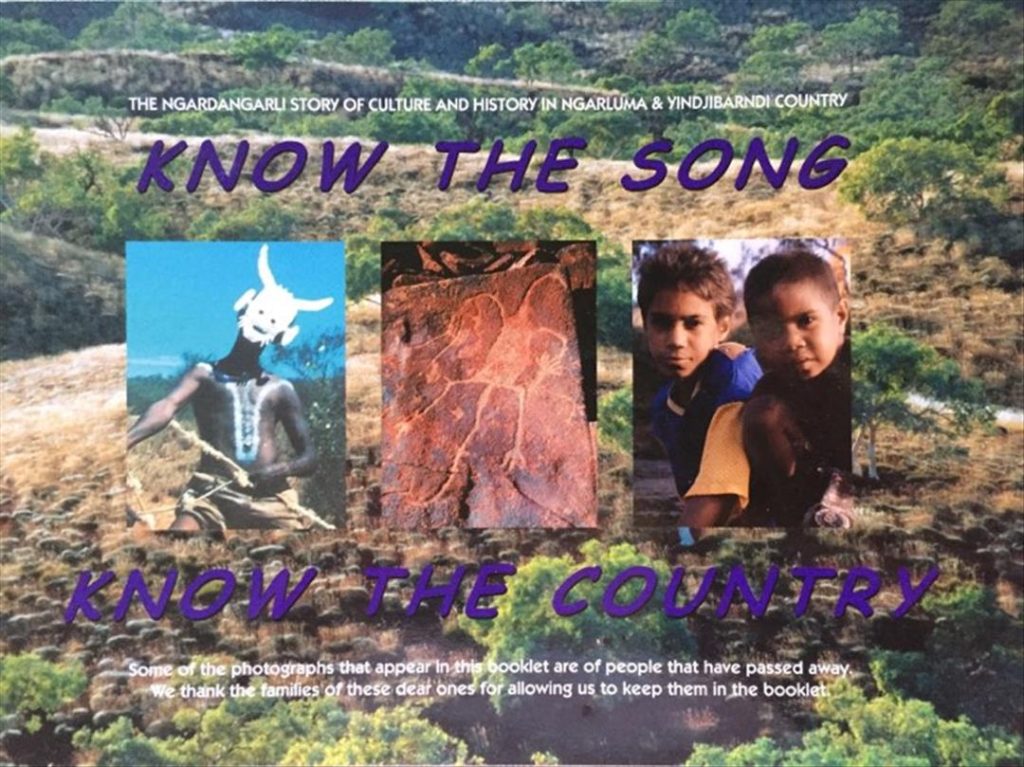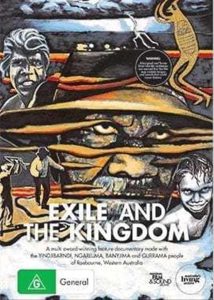Culturally Mapping our Yindjibarndi Country with our Elders, Law Holders, and families has been an important part of our Juluwarlu work for more than 10 years.
Our Field Trips on Country have brought together young people, Elders, and Family Leaders in intergenerational experiences designed to document and strengthen Yindjibarndi knowledge systems. These trips have focused on mapping and recording—in both Yindjibarndi and English—the deep narratives of place and memory held by our Elders: ancestral stories, songlines, plant and animal knowledge, rainmaking practices, connections to the stars and moon, climate knowledge, our Marrga Creation Spirits, the petroglyphs and painting sites they created, traditional land management practices, and family histories since the arrival of pastoralists in the 1860s.
When appropriate, thalu ceremonies have been carried out. We’ve hunted, fished, photographed, and collected food and medicinal plants while teaching the marnggarliyarra (children) about their uses and cultural importance.
Each mapping project begins with identifying the ngurrara (region) to be explored and deeply understood. Where possible, historical records, pastoral accounts, anthropological documents and old maps are reviewed and discussed with Elders to help shape the journeys we undertake.
These field trips are typically held during school holidays to enable families to participate and ensure our young people can learn directly from our greatest teachers, in the most significant places across our tablelands and river country. Trips are documented with GPS, photography, and audio-visual recordings, with Elders sharing knowledge in our Yindjibarndi language. Young people are encouraged to step into active roles—like photographers or recorders—while learning through Yindjibarndi ways.
While these field trips are currently offered in-house or for private groups, we’re exploring the possibility of offering similar experiences to the broader public in the future. Stay in the loop by subscribing to our newsletter: Sign up here.
Read and Learn: browse and purchase Juluwarlu’s award-winning collection of educational books and materials:
Cultural mapping trips result in:
- Important knowledge, photographic records, Yindjibarndi spoken narratives and songs, and new cultural maps that are preserved in our Archive for future generations
- The production and publication of video documentaries and cultural stories for radio broadcasts
- The registration of important Yindjibarndi Aboriginal Heritage Sites
- Skills and training in field trip management and co-ordination
- The deepening of cultural knowledge, values and language skills among our young people and
- the creation and publication of high quality bi-lingual illustrated books and detailed maps
Juluwarlu also carries out on-country camping journeys for particular groups, including Women Elder led Knowledge Journeys for Young Women and Girls, Yindjibarndi Artist Camps on Country, and Kids Culture Camps for Roebourne District School.





